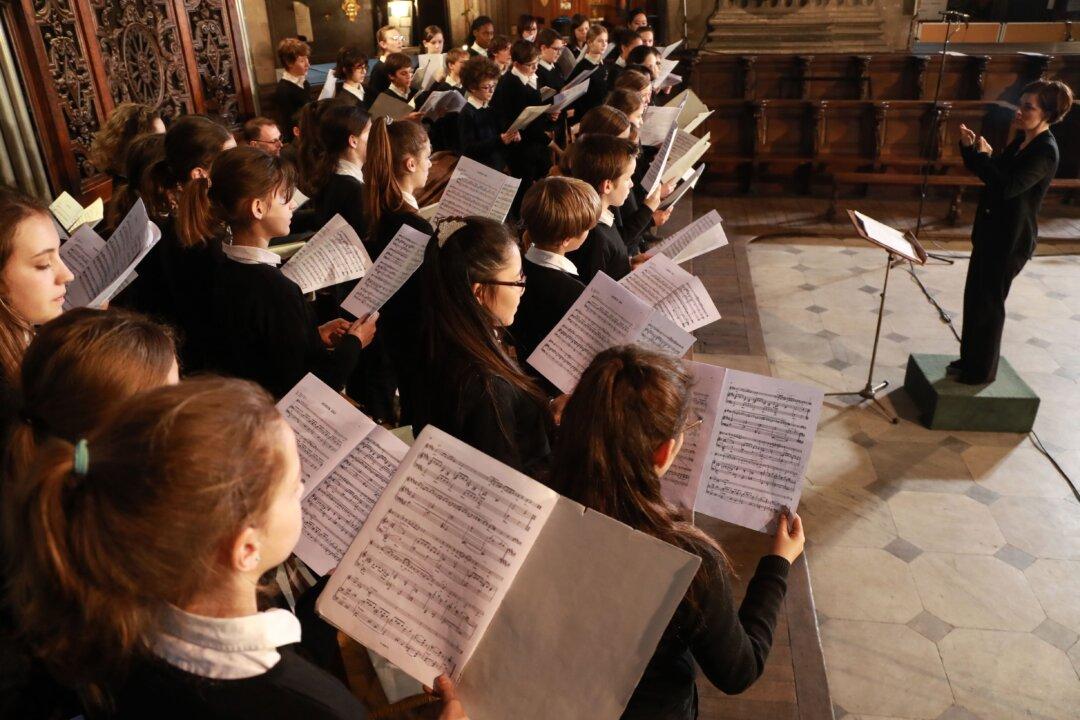A proposed deal for the partially state-owned Chinese company Kaiwen Education to buy the prestigious U.S. music school Westminster Choir College (WCC) won’t go forward, according to statements published by Kaiwen and WCC’s owner, Rider University, on July 1.
WCC has regular performances with the Philadelphia Orchestra and the New York Philharmonic, and many of its alumni are renowned musicians, such as American composer Warren Martin, American mezzo-soprano opera singer Jennifer Larmore, and Canadian conductor and pianist Yannick Nézet-Séguin.





